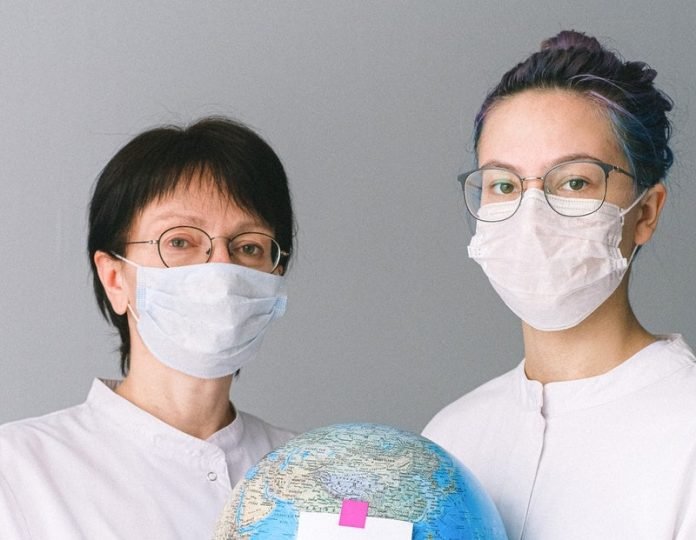
In a new study, researchers conducted advanced analyses of immune system activation in patients with severe COVID-19.
They found several cell types that play a key part in the immune response to the new coronavirus and the hyper-inflammation seen in severe cases of the disease.
These findings are valuable in improving the clinical evaluation of patients and in the development of new treatments that reduce the over-reaction of the immune system in patients with severe COVID-19.
The research was conducted by a team at Karolinska Institutet.
The analyses were conducted on samples taken from patients with severe COVID-19 treated in Helsinki, Finland.
The researchers used a combination of advanced techniques to analyze the entire composition and function of the immune system in up to 14 repeated blood samples from each patient.
This enabled them to make an unusually detailed analysis of immune system activation during severe COVID-19.
The team found several new details of the immune system response to the virus and its hyper-responsiveness in severely ill patients.
Their results showed that a kind of white blood cells called eosinophils, which are well-documented in asthma but whose function is less understood in respiratory infections in the lungs, play an important role in severe COVID-19.
These cells expand in the blood shortly before the patients suffer deterioration due to pulmonary hyper-inflammation, and ARDS (acute respiratory distress syndrome), requiring intensive care.
Other white blood cells called basophils are found in this study to be involved in the development of strong antibody responses during the infection.
The researchers also found how the immune system recovers in the patients who recovered from severe COVID-19.
One author of the study is Petter Brodin, a pediatrician, and researcher in immunology.
The study is published in the journal Cell Reports Medicine.
Copyright © 2020 Knowridge Science Report. All rights reserved.



